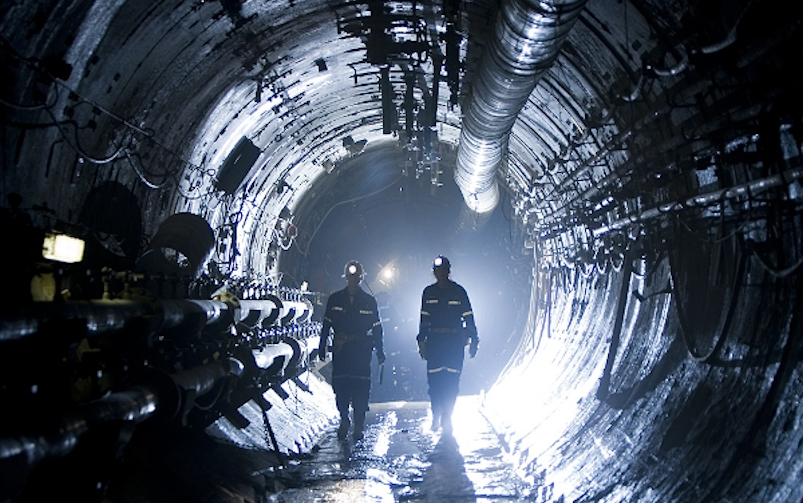Teck purchased SunMine, a solar energy facility on one of its former mine sites from the City of Kimberley earlier this year. Courtesy of SunMine
On Mar. 12, Teck Resources released its 2019 sustainability report, announcing plans to reduce its carbon production by 33 per cent by 2030. The report highlights the company’s updated sustainability strategy that focuses on eight themes including climate change, responsible production and biodiversity and reclamation.
Part of the strategy’s climate change-specific goals include adopting the equivalent of 1,000 standard-emission vehicles with zero-emissions transportation alternatives by 2025 and using clean energy for 50 and 100 per cent of electricity demands for its Chilean operations by 2025 and 2030, respectively. These measures feed into the broader goal announced by Teck in February to be carbon neutral by 2050.
The report also highlights the company’s achievements, including using renewable resources for 26 per cent of its energy requirements, recycling and reusing water an average of three times during operations and reducing greenhouse gas emissions by 297,000 tonnes since 2011.
Related: Teck Resources walks away from $20.6 billion oil sands mine days before federal government announces its decision
According to president and CEO Don Lindsay, the new goals for carbon reduction, water use and more represent the company’s commitment to improving mining practices. “At Teck, we are always challenging ourselves to improve sustainability performance, so we can be sure we are providing the mining products needed for a cleaner future in the most responsible way possible,” said Lindsay in a press release.
Teck’s 2019 report builds on previous sustainability initiatives announced earlier this year, such as its continued commitment to using renewable energy resources. In January, Teck purchased SunMine, a solar energy facility on one of its former mine sites from the City of Kimberley in British Columbia. Currently 82 per cent of Teck’s electricity is sourced from renewable energy.
The decision follows the company’s decision to rescind its Frontier project application. In a letter to the federal Minister of the Environment and Climate Change, Jonathan Wilkinson, Lindsay cited increased federal and global scrutiny on climate change and emissions as part of the reasons for its decision. The Frontier mine would have produced an estimated four million tonnes of greenhouses each year of its 40-year mine life.



